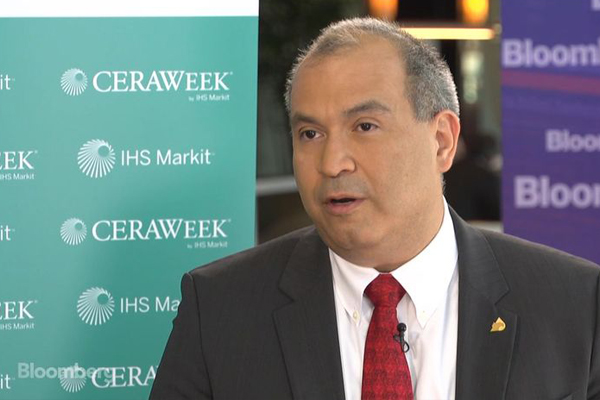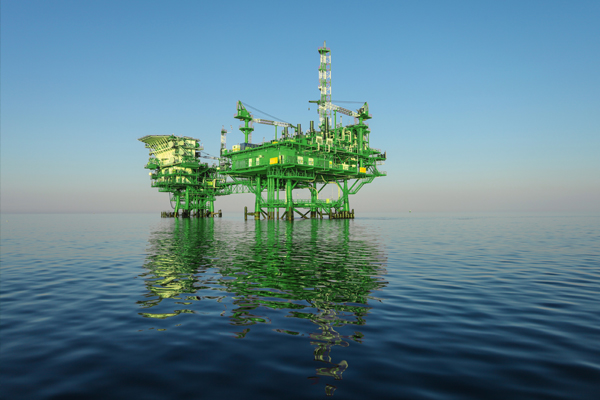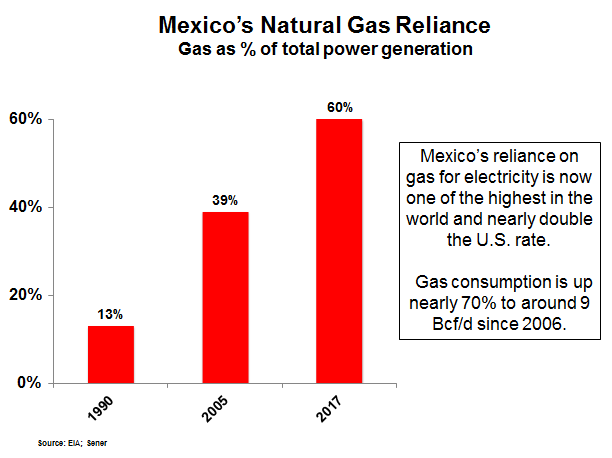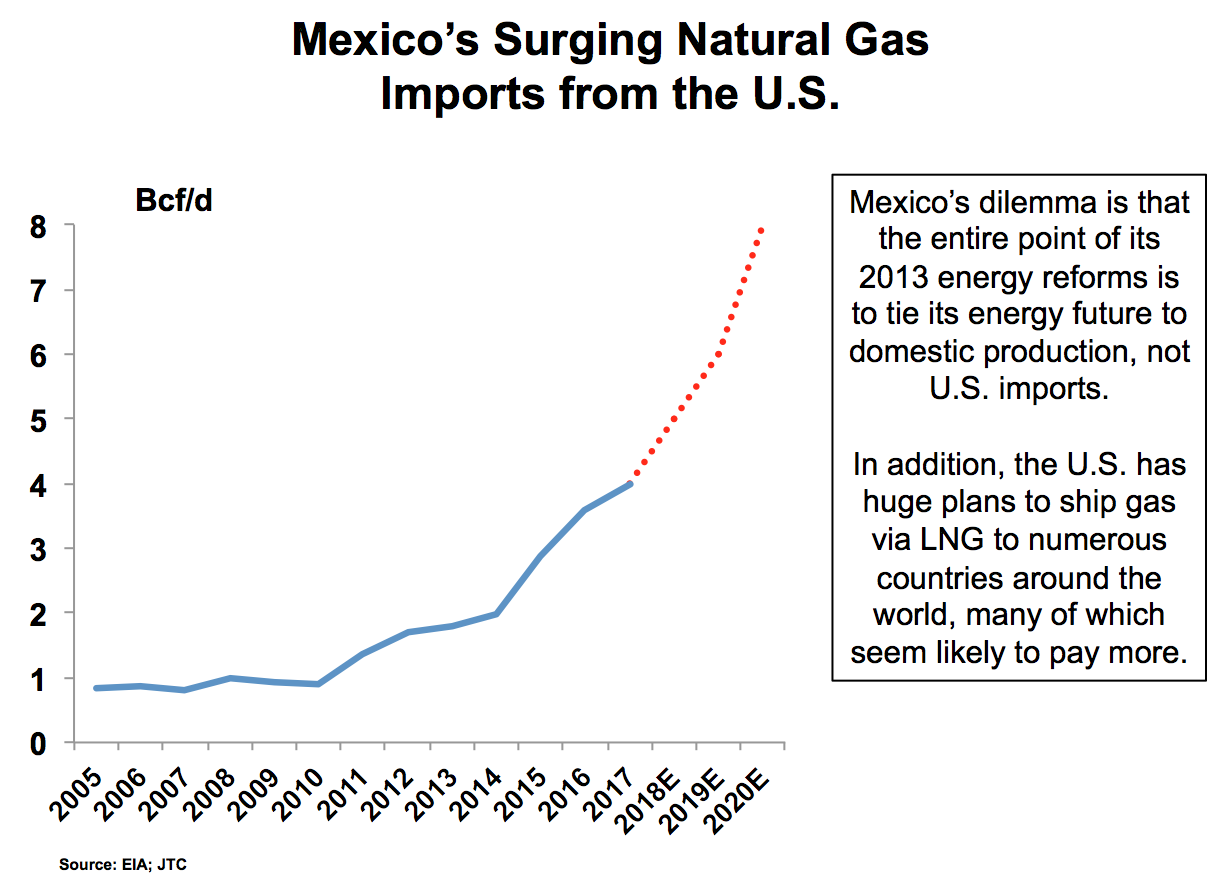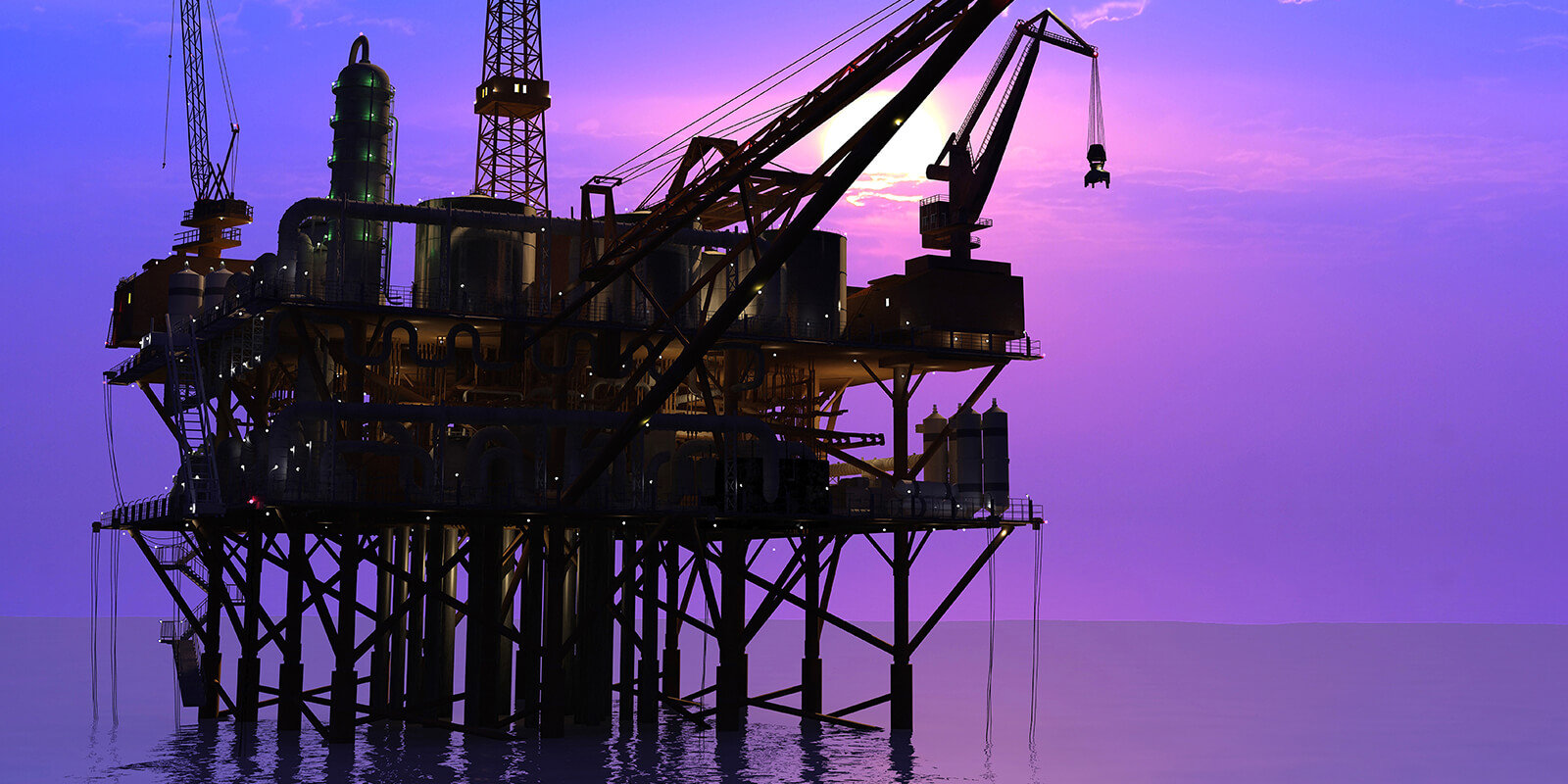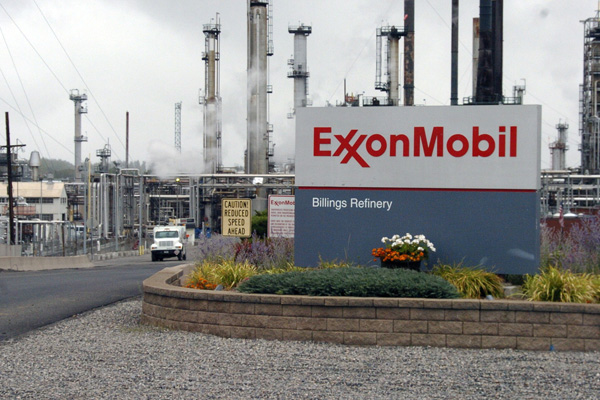¿Tomas decisiones en el sector energético? Conoce como estar respaldado.
Tomar decisiones, por lo general, no es un proceso sencillo. Un individuo o un grupo de ellos se enfrenta a múltiples opciones, de cuya elección se derivarán una multiplicidad de consecuencias, que pueden ser positivas, pero también negativas.
En el ámbito empresarial, generalmente las decisiones suelen ser de mayor complejidad porque los efectos no se limitan a la persona que está tomando las decisiones, sino a toda la empresa y aún más, posiblemente a parte de la economía de un país, o bien, a un conjunto de la población. En resumen, pueden afectar a terceros.
En esta ocasión nos referiremos específicamente a las empresas que están participando en la Reforma Energética de México como contratistas petroleros. ¿Qué tipo de decisiones están tomando? ¿Qué implicaciones pueden tener en el corto, mediano y largo plazo? ¿Qué podría suceder si toman malas decisiones? ¿Hay alguna forma de proteger al directivo que, sin dolo, tomó una decisión que derivó en efectos negativos?
Quizá la primera gran decisión que realizan las empresas del sector energético es participar en los procesos de licitación organizados por la Comisión Nacional de Hidrocarburos y llegar a convertirse en contratistas petroleros. Pero ¿qué pasa si ganaron un campo que no es tan rentable como esperaban? ¿Y si en determinado momento se ven imposibilitados de cumplir con el Programa Mínimo de Trabajo? ¿Qué pasa si se presentó un siniestro y el monto del seguro contratado es insuficiente o las coberturas no son las adecuadas?
No debemos olvidar que el Contrato de Exploración y Extracción menciona en sus primeras páginas que se firma considerando que el riesgo corre total y exclusivamente a cargo del contratista, por lo que las consecuencias que podrían presentarse ante los casos antes mencionados como baja rentabilidad, problemas financieros o incumplimientos ante proveedores serán a exclusivo costo y riesgo del contratista.
Las decisiones generalmente se toman en el seno de un Consejo de Administración. Si fallan, es posible que tengan que asumir responsabilidades ante terceros y que tengan que responder incluso con su patrimonio personal.
Para evitarlo, los miembros de un Consejo de Administración y los directivos pueden estar asegurados con un seguro de responsabilidad civil conocido como D & O (Directors & Officers), que otorga respaldo frente a decisiones que comprometan a la empresa frente a terceros.
Su cobertura abarca los gastos de defensa y costas judiciales ante una reclamación o las posibles indemnizaciones.
Es importante destacar que se trata de un seguro que ampara específicamente al individuo, es decir a la persona que funja como directivo o como miembro del consejo de administración.
D&O es un seguro con el que todo aquel que tome decisiones en un Consejo de Administración o un directivo, debe contar para estar protegido frente a reclamaciones de terceros que pudieran derivar en una afectación patrimonial individual.
En NRGI Broker, somos expertos en seguros para las empresas del sector energético. Acércate a nosotros, con gusto te atenderemos.



